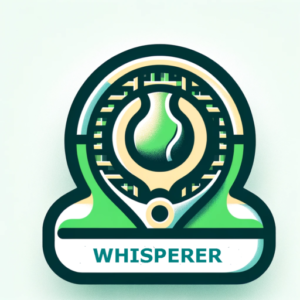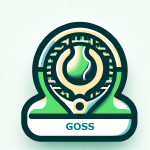NEW TEST
The Brain Science Behind Behavior Change
We are the sum of our experience—and yet in tennis, we often dwell on the negative. We replay mistakes over and over, rarely learning from them.
Somehow, we never seem to change—but now, science has the answer.
The Brain Behind Bad Habits
Habits form because they reduce cognitive load and make decision-making easier. Unfortunately, this automation is what makes bad habits so persistent.
“Habits emerge because dopamine rewards certain actions, making them feel good—and worth repeating.”
There are two key systems in your brain:
Stimulus-Response System (Basal Ganglia): Automates tasks like your morning routine.
Goal-Directed System (Cortex): Overrides habits when adaptation is needed—like adjusting your commute when traffic hits.
To change behavior long-term, we must:
Weaken the stimulus-response loop
Strengthen the goal-directed system
How to Break Bad Habits: Science-Backed Strategies
Research by Eike Buabang and colleagues at Trinity College Dublin reveals effective tools for behavior change.
1. Add Small Rewards
Even minor wins—like completing a workout or landing a solid serve—trigger dopamine.
Reward reinforces the behavior, increasing the chance it becomes automatic.
2. Change Your Environment
Habits thrive on cues. Remove the triggers and you weaken the habit.
Want to stop snacking after training? Don’t keep junk food in sight.
Want to stretch more? Leave a mat visible near your bed.
3. Repeat Until Automatic
Consistency transforms deliberate action into second nature. Repetition is how athletes build muscle memory—and mental patterns.
In Tennis Terms: Train Your Brain Like a Serve
Breaking a bad habit is like fixing a flawed serve. It takes daily practice, small adjustments, and deliberate focus.
Anchor new routines to familiar cues
Reinforce them with rewards
Stick with it—even after a missed day
“Missing once is a mistake. Missing twice is a new habit.” – James Clear
Wrap: Reset, Don’t Regret
You don’t need to wait for a another meltdown in match play—to change. With the right strategy, your habits can serve your goals, not sabotage them.
With the right strategy, your habits can serve your goals, not sabotage them.
We teach rituals, routines, and cues to help players manage their mindset, sharpen their focus, and reinforce the habits that win matches. Whether it’s a pre-serve breath, a between-point routine, or a footwork drill linked to warmup—these small anchors create big change.
Key Takeaway:
Change doesn’t come from willpower alone—it comes from smart repetition, cues and rewarding progress.
Source: Eike Buabang et al., Trinity College Dublin, 2024.



